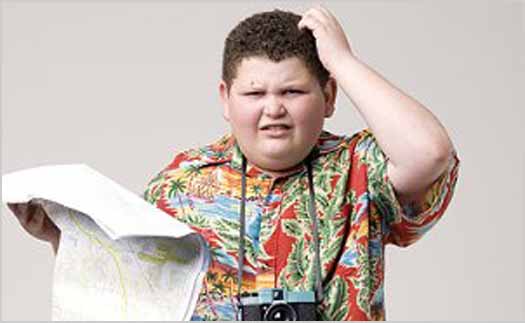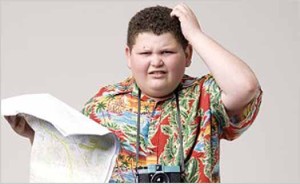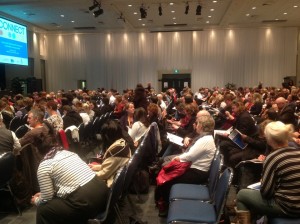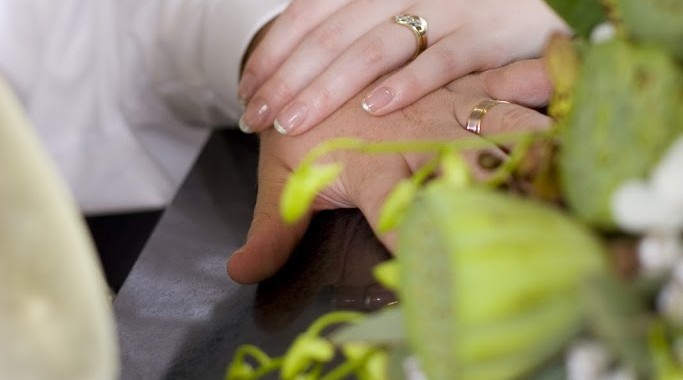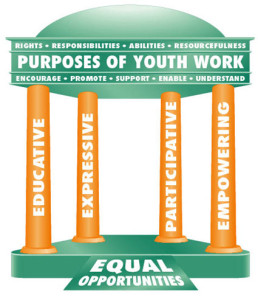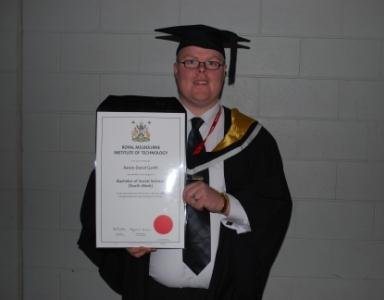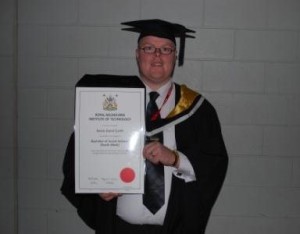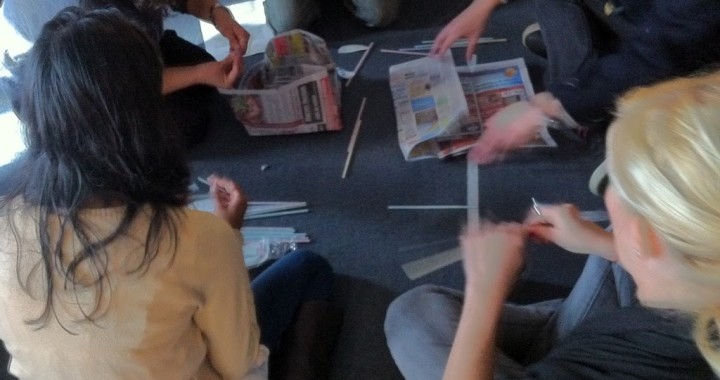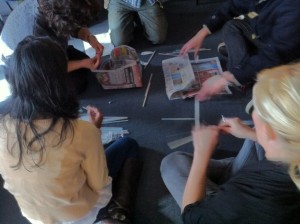Monthly Archives: July 2012
Dealing with our God complex!!!
To stay up to date follow us on Facebook and Twitter.
What post-qualifying education might look like!!!
But what would this continuing professional development look like???
The importance of good professional supervision
Over the course of my career I have had over a dozen supervisors throughout half a dozen or so specialities. Some of these supervisors were Youth Workers, some Social Workers, some Pastors and some drug and alcohol workers. Their qualifications had ranged from Diploma level to Masters degrees and one had no formal welfare qualifications at all. Not an unknown factor to those of us in the youth sector.
In Australia there is no requirement for a supervisor to have a professional qualifications. As a Degree qualified Youth Worker and soon to be Masters qualified Social Worker I have never attended a class on supervision, i have never heard a lecture on what constitutes good supervision practice and i have never had a supervisor who had either. At best my supervisors had attended a 2 day course in supervision and at worse my supervisors had less than a year more experience in the field than i had. So if there are only a few courses for supervisors and most of these less than a week long, how do you become a good supervisor???
The best supervisors I have had came from both ends of the spectrum. One was a qualified Social Worker with over a decade of experience who regularly attended courses on supervision. The other was a Youth Worker who had no qualifications but was an avid reader of supervision texts and attended every professional development opportunity focussed on supervision. The skill set that both of these supervisors had in common was and eager appetite to better their own practice as supervisors and a great ability to listen. The styles they used were different, the theoretical focus wide and varied and the outcomes specific to the needs of myself and my clients.
Maidment & Beddoe (2012) believe that supervision must be placed at the core of professional development for staff, “We want to place supervision at the heart of professional development, which is career-long and where, via diverse learning activities, practitioners refine and augment their knowledge, develop skills, and undertake supervision to enhance critically reflective practice“.
Do your supervisors support your development? If not you might be in the market for an external supervisor! What ever your situation if you want longevity in the sector studies show that you need a good supervisor.
